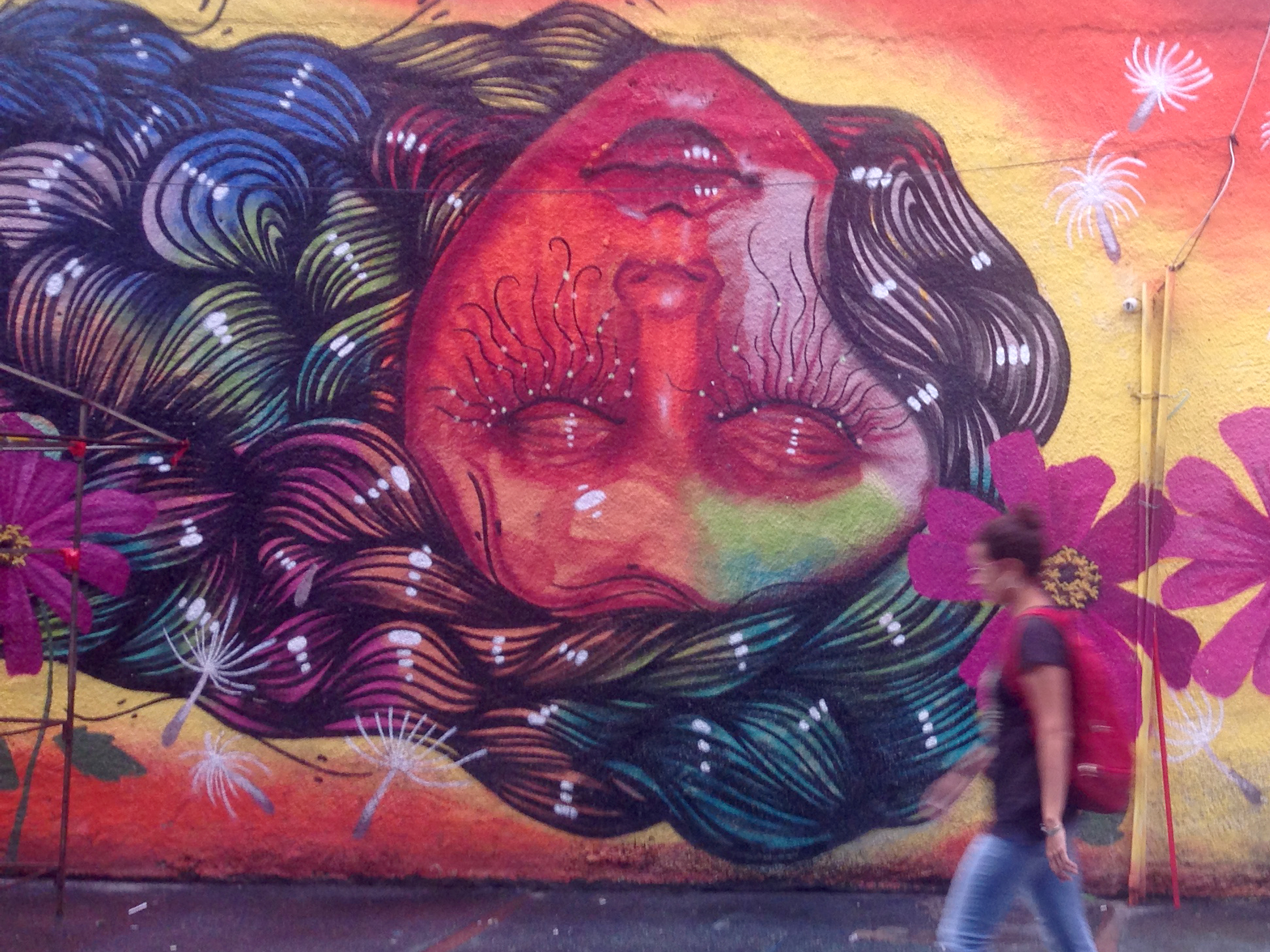EUROsociAL+ and AIAMP are promoting joint working between prosecutors in Argentina, Paraguay and Brazil to combat corrupt practices that facilitate human trafficking.

Shortly before dawn, Maria crossed the Paraná River on a barge. She did not have the migratory permits to reach her destination, but rather the hope for a better life. The triple border that connects Brazil, Argentina and Paraguay for over 1,000 kilometres is easily breached. With the promise of a job as a household employee, she arrived in the Argentine province of Misiones. Upon arrival, her alleged employers took away her identity card and showed her around her new workplace, an illegal brothel on a ranch. From that moment onwards, Maria was forced into working as a prostitute in a small room, surviving on the minimum that her captors gave her. She had become one of the more than 2.5 million victims of human trafficking worldwide, according to figures from the United Nations Office on Drugs and Crime (UNODC).
She decided to escape, but did not get far. She was found by a local police officer who, far from helping her, returned her to the brothel. This real case is an example of how the corruption of public officials facilitates or is complicit in human trafficking, a criminal phenomenon that particularly affects women and girls, usually for the purposes of sexual exploitation. This is underlined by Sergio Leonardo Rodríguez, head of the Administrative Investigations Office (PIA) at the Argentine Public Prosecutor’s Office: “A human trafficking network, especially for the purposes of sexual exploitation, cannot prosper without corruption. It is impossible. The public agent component is always needed to facilitate these crimes and the officers responsible for investigations must be conscious of this factor. This is why it is very important that cases are investigated from the beginning with this double vision: looking at both corruption and trafficking”.
The corruption of public officials is manifested in aspects such as the periodic collection of money and/or the possibility of receiving sexual favours. On the other hand, these officials can also neglect their duties regarding inspection and surveillance, or act by improperly facilitating the issuance of documents or permits. They may also hinder the action of justice by providing information on operations and offering protection to criminals, among other illegal behaviour. This deviant behaviour can occur in police bodies, customs agents, health agents, doctors, judges, prosecutors, municipal authorities, among others, along the length of the criminal people trafficking chain. In some cases, they reflect the existence of small-scale corruption, but in others this behaviour is part of a systemic phenomenon. In other scenarios, their powers allow officials to control the criminal activity itself.
In October, and with the aim of combating this scourge, the First International Workshop on Corruption and People Trafficking was organised in Buenos Aires by the Democratic Governance area of the EUROsociAL+ Programme and the Argentine Public Prosecutor’s Office. Participating in the activity, carried out within the framework of the First Work Plan by the Network of Prosecutors Against Corruption, which pertains to the Ibero-American Association of Public Prosecutor’s Offices (AIAMP), were representatives from anti-trafficking and corruption departments from Brazil, Paraguay and Argentina. The latter country also providing personnel from the National Ombudsman’s Office, the National Anti-Corruption Office, the Victim Protection Unit at the Ministry of Justice, the University of Buenos Aires and the NGOs Women in Equality and Citizen Power.
During the activity, corruption and the associated risks present in human trafficking were analysed, as well as various problems relating to the lack of identification and early prosecution of these practices, distrust in the state or fear of reporting caused by the perception that local authorities are involved with criminal organisations.
The Workshop also analysed how the extreme vulnerability of women and girls is capitalised upon by the criminals who exploit this criminal economy. This is described by a Trial Prosecutor from Posadas (Misiones), Vivian Barbosa: “The rescues we have had were of women and girls from extremely vulnerable homes. Sometimes, they could not be defined as homes, since the parents themselves had been the ones who had handed them over to carry out this type of work. Therefore, they often do not feel as if they are victims, moreover, they considered they were better off in these places. They come from places without drinking water, with dirt floors. So, when someone offers them a room with a bathroom, food and, eventually, the possibility of sending money to their families, they see it as an improvement and accept this condition, they don’t feel like victims. I have frequently had the sensation, when a rescue is taking place, that the liberated women were angry because we had got them out of prostitution”.
A series of strategic proposals emerged in relation to such institutional and inter-institutional organisation, the early linking of anti-corruption research in cases of people trafficking where required, the strengthening of the capacity for analysis and the strengthening of anonymous complaint and protection mechanisms. Likewise, the importance of preventing these manifestations of corruption and making their risks visible was outlined.
Returning to the case which started off these lines of action, Maria finally did have better luck. Two Paraguayan friends managed to flee the ranch and the bus they were travelling on was intercepted at a border police control. They reported the situation and Maria and four other Argentine women who were still captive, two of them minors, were released. The two pimps, a man and a woman, were sentenced to 15 years in jail. No action was ever taken against the corrupt officials that facilitated this criminal activity.
Borja Díaz Rivillas, Senior Expert in Democratic Governance for EUROsociAL+ (FIIAPP)
Ana Linda Solano, EUROsociAL+ expert in corruption and gender



